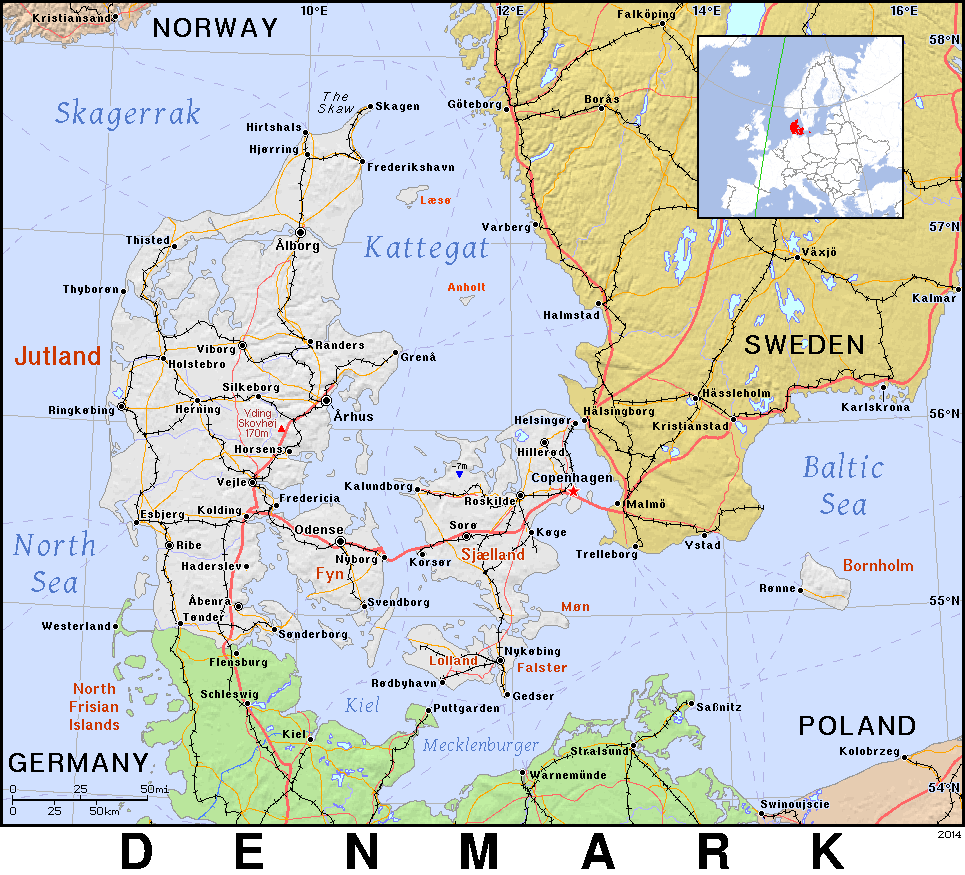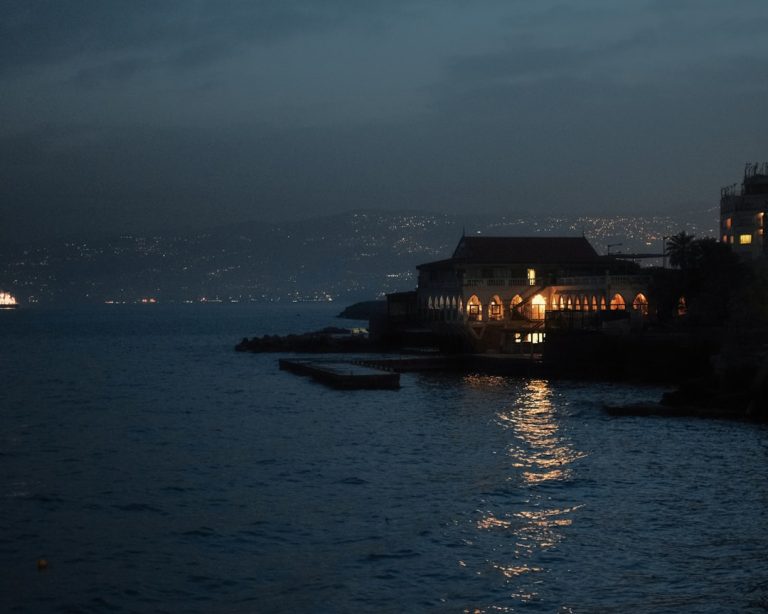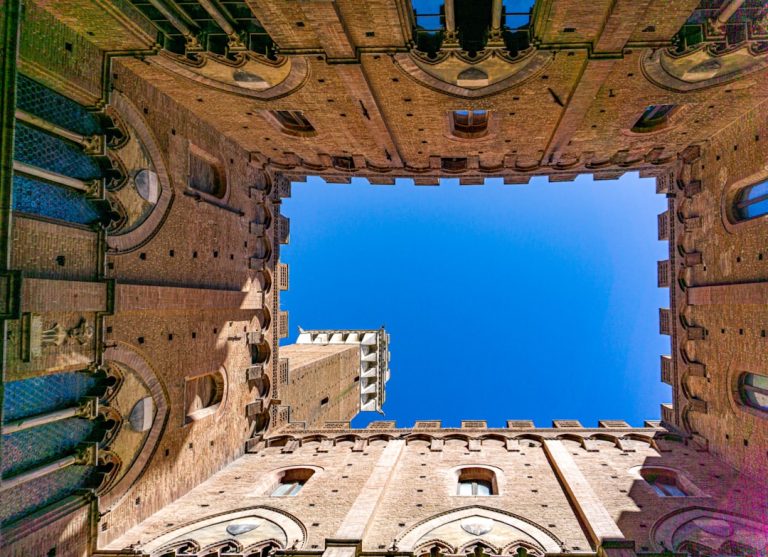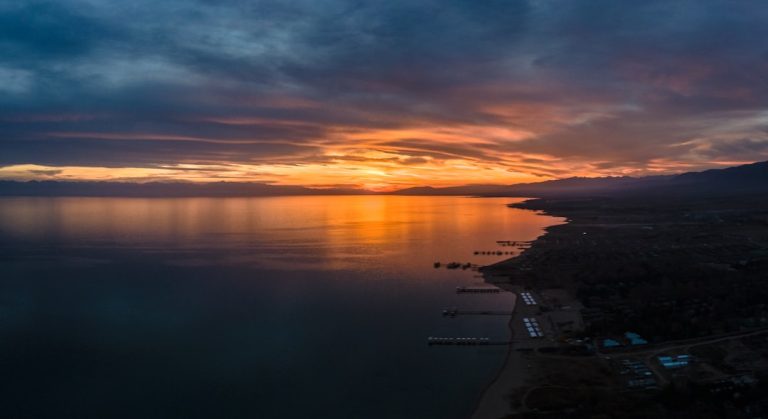
Denmark is a Scandinavian country known for its rich history, stunning landscapes, and unique culture. This small country is packed with exciting adventures and fascinating facts waiting to be explored. Denmark offers something for everyone, from the bustling streets of Copenhagen to the peaceful countryside. Denmark has it all if you’re a history buff, nature lover, or foodie. In this blog post, we’ll delve into some of the most interesting facts about this country and highlight some of the must-visit places that Denmark has to offer. From the famous Tivoli Gardens to the picturesque Nyhavn, get ready to take a virtual tour of this beautiful country. Discover the influence of Danish design and architecture, taste the delicious Danish cuisine, and experience the hygge lifestyle that Denmark is famous for. We’ll also cover lesser-known destinations off the beaten path and offer unique experiences not to be missed.
1. Tivoli Gardens: Oldest Amusement Park
Denmark is a country filled with interesting facts and places to visit. One of Denmark’s most popular tourist destinations is Tivoli Gardens, the oldest amusement park in the world. Located in the heart of Copenhagen, Tivoli Gardens has been delighting visitors for over 175 years. With its beautiful gardens, colorful lights, and thrilling rides, it’s no wonder that Tivoli Gardens has become such a beloved landmark in Denmark tourism. In addition to the rides and attractions, Tivoli Gardens also hosts concerts, festivals, and other cultural events throughout the year. Whether you’re looking for family fun or a romantic night out, Tivoli Gardens is a must-see on any trip to Denmark.
2. Little Mermaid Statue: Iconic Landmark
Denmark is a country that is known for its rich history, culture, and remarkable landmarks. One of the most famous landmarks in Denmark is the Little Mermaid statue, located in Copenhagen. The statue pays homage to the main character in the famous fairy tale by Hans Christian Andersen. The Little Mermaid statue was unveiled in 1913 and is made of bronze. It stands 1.25 meters tall and weighs about 175 kilograms. The statue has become an iconic symbol of Denmark and attracts thousands of tourists annually. It is located on the Langelinie promenade and is easily accessible to visitors. The statue has undergone several restorations over the years, including a major one in 2013 to celebrate its 100th anniversary. It is a must-see attraction for anyone visiting Denmark and is a testament to the country’s rich cultural heritage.
3. Copenhagen: Capital of Denmark
Copenhagen, the capital of Denmark, is a city that holds immense historical and cultural significance. This picturesque city is on the eastern coast of Denmark and is known for its beautiful architecture, stunning canals, and vibrant nightlife. Denmark facts reveal that Copenhagen’s rich history dates back to the 11th century when it was established as a Viking fishing village. Today, the city is one of Europe’s most sought-after tourist destinations, attracting millions of visitors every year. Denmark tourism is incomplete without a visit to some of Copenhagen’s iconic landmarks like the Little Mermaid Statue, Tivoli Gardens, and Nyhavn Harbor. Visitors can also explore the city’s rich cultural heritage by visiting museums like the National Museum of Denmark and the Danish Design Museum. Copenhagen’s culinary scene is also worth mentioning, with the city boasting some of the world’s best restaurants, serving everything from traditional Danish cuisine to modern international fare.
4. Lego Company: Originates from Denmark
The Lego Company is one of Denmark’s most famous exports and one of the largest toy manufacturers in the world. The company was founded in Billund, Denmark, in 1932 by Ole Kirk Christiansen, a carpenter who began making wooden toys. The name Lego is derived from the Danish word “leg godt,” which means “play well.” Lego bricks were first developed in 1949 and have since become a worldwide phenomenon. The company is still based in Billund and employs over 18,000 people globally. The Lego House, a popular tourist attraction in Billund, opened in 2017 and featured hands-on exhibits, interactive experiences, and displays of Lego creations from around the world. It is a must-see for anyone interested in Denmark facts or tourism, especially those who love Legos.
5. Wind Energy: Denmark is leading
Denmark is known for its extensive use of renewable energy sources, particularly wind energy. Denmark is leading in wind energy, generating 47% of its electricity from wind power in 2020. This is a remarkable achievement for a small country with just over 5 million population. Denmark can achieve this through a combination of factors, including its favorable geography, strong government support, and investment in wind energy technology. Denmark’s wind farms are not only a source of clean energy but have also become tourist attractions. Visitors can take wind farm tours and learn about the technology and engineering behind these impressive structures. Denmark’s commitment to sustainable energy is one of the many reasons why it is a popular destination for tourists interested in eco-tourism.
6. Danish Cuisine: Include Pastries
Denmark is known for its unique cuisine, and one of the most famous Danish foods are pastries. The country has a long history of baking and pastry-making, and the Danes take their pastries seriously. Danish pastries are known for their flaky, buttery texture and delicious fillings. Some popular fillings include custard, jam, almond paste, and chocolate. These pastries are often enjoyed with coffee or tea and are a staple of Danish cuisine. If you’re visiting Denmark, visit a local bakery and try delicious pastries. It’s one of the must-try experiences in Denmark tourism.
7. Viking History: Explore Danish Roots
Denmark is a country rich in Viking history, and exploring the roots of this ancient culture is a must for anyone interested in history and heritage. The Vikings were seafaring people who originated in Denmark, Norway, and Sweden in the late 8th to early 11th centuries. They were known for their raids and conquests across Europe and their artistic and technological achievements. Today, visitors to Denmark can explore many Viking sites, including the Viking Ship Museum in Roskilde, which houses five original Viking ships, and the National Museum in Copenhagen, which has an extensive collection of Viking artifacts. Other places to visit include the Viking fortress of Trelleborg, the Viking ring fortress of Aggersborg, and the Viking burial site of Lindholm Høje. With so much to explore, it’s easy to see why Denmark is a popular destination for history buffs and tourists alike.
8. Bicycle Culture: The best way to explore
Denmark is known for its bicycle culture, making it one of the best ways to explore the country. Cycling is not only a popular mode of transportation for locals but also for tourists visiting Denmark. The country has a well-developed infrastructure of biking lanes and routes, making it easy for cyclists to navigate and explore beautiful landscapes and cities. Denmark is home to many scenic cycling routes, such as the National Cycle Route 1 and the North Sea Cycle Route, which takes cyclists along stunning coastlines, forests, and farmland. Cycling in Denmark is an eco-friendly and affordable way to explore the country. It is also a great way to experience the Danish way of life, as cycling is deeply ingrained in the culture. So, if you’re planning a trip to Denmark, rent a bike and explore the country like a local.
In conclusion, Denmark offers a unique blend of history, culture, and natural beauty that should not be missed. From the vibrant city of Copenhagen to the stunning beaches of Skagen, there is something for everyone. Whether you are interested in exploring Viking history, enjoying world-renowned cuisine, or simply taking in the picturesque scenery, Denmark is the perfect destination. So pack your bags and prepare to discover all these fascinating country offers.



